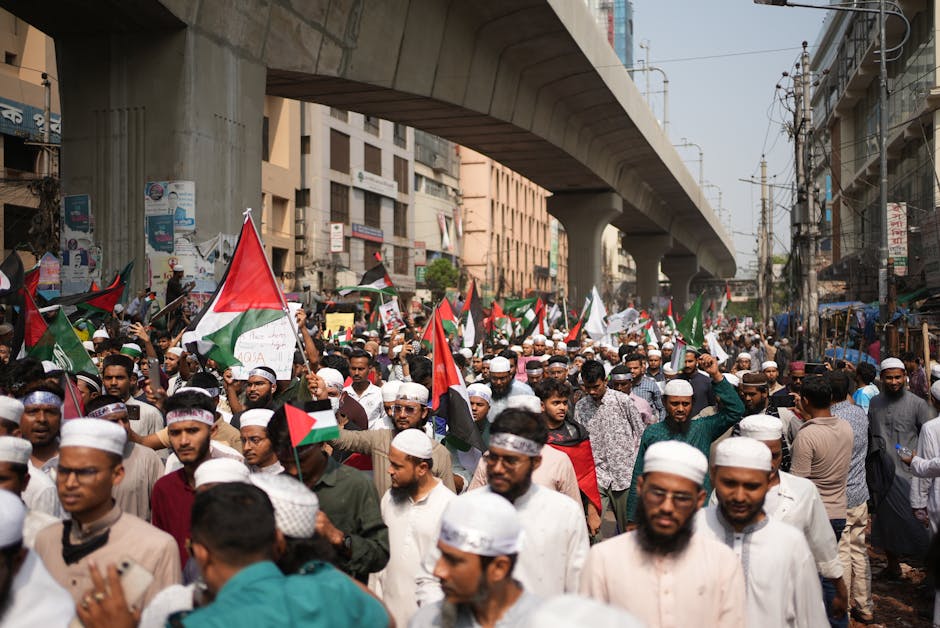For many Palestinians living under occupation, the shadow of an Israeli prison looms large—an ever-present reality that has touched almost every family. Since 1967, an estimated 800,000 Palestinians, including tens of thousands of children, have been detained by Israeli military authorities. This is not a random collection of arrests; it is a systematic and deeply entrenched policy that critics and human rights organisations have termed a “war of imprisonment,” a core pillar of Israel’s control over the Palestinian population.
Administrative Detention: A Legal Black Hole
At the heart of this system is the controversial practice of “administrative detention.” Derived from emergency laws dating back to the British Mandate, this measure allows the Israeli military to detain individuals indefinitely without charge or trial. Detainees are held on the basis of secret evidence that is not disclosed to them or their lawyers, making any meaningful legal defence nearly impossible. For Palestinians, this creates a Kafkaesque legal black hole. A person can be arrested in a pre-dawn raid, held for months or even years, and then released, only to be re-arrested without ever knowing the specific allegations against them. Human rights groups argue this is a flagrant violation of international law and due process.
The Arrest and Trauma of Palestinian Children
The impact of this system extends far beyond the individuals in custody, and the detention of children is a particularly harrowing aspect. According to reports by organisations like B’Tselem and Defence for Children International, Palestinian minors are often arrested in violent night raids, interrogated without a parent or lawyer present, and pressured into signing confessions in Hebrew, a language many do not understand. The psychological trauma of these experiences ripples through entire communities, creating a generation that views the military uniform not as a symbol of security, but of fear and oppression.
Beyond Prison Walls: The Occupation as Confinement
The “war of imprisonment” is also a metaphor for the broader system of control that governs Palestinian life. The West Bank is fragmented by a separation wall, hundreds of checkpoints, and restricted roads, creating what many describe as a series of open-air prisons. Movement between cities like Ramallah, Nablus, and Hebron can require navigating a complex web of permits and military crossings, turning a short journey into an all-day ordeal.
In Gaza, this reality is magnified to an extreme degree. For over 15 years, its two million inhabitants have been sealed off by a land, air, and sea blockade, severely restricting the flow of goods, people, and hope. This collective confinement has crippled the economy, overwhelmed the healthcare system, and left an entire population trapped.
The Israeli Security Justification
From Israel’s perspective, these measures—from administrative detention to the Gaza blockade—are non-negotiable security necessities aimed at preventing attacks and dismantling militant networks. Officials argue that these policies, however harsh, have saved Israeli lives and are essential for maintaining stability in the region.
A Tool for Political and Demographic Control
However, for Palestinians and a growing number of international observers, this framework is seen as a tool of demographic and political control. By systematically jailing community leaders, student activists, and political figures, the policy disrupts Palestinian civil society and stifles dissent. It is viewed as a strategy to crush aspirations for statehood and manage a population rather than engage with it on a path to a political solution.
Ultimately, Israel’s war of imprisonment is fought on two fronts: within the concrete walls of its detention centres and across the entire landscape of the occupied territories. It’s a war fought not just with bullets and bombs, but with prison bars and permits, where the ultimate casualty is the very possibility of a just and lasting peace.




